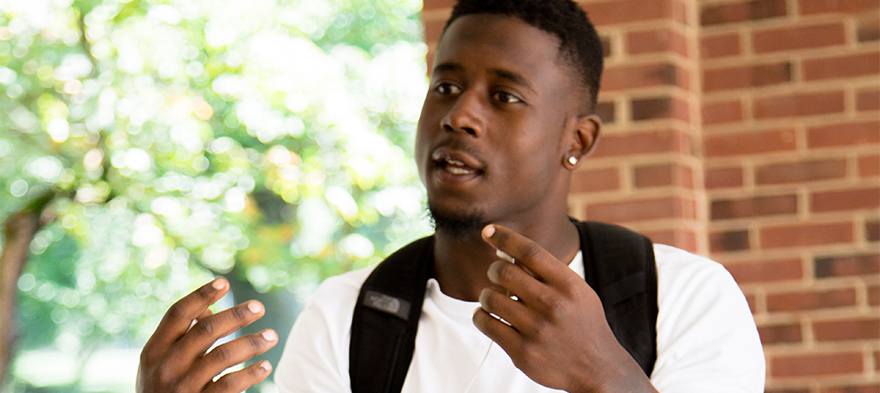
Nov 1, 2016 12:00:00 AM
An award-winning writer, speaker, and blogger, Chris Stewart is a relentless advocate for children and families. Based in outstate Minnesota, Chris is CEO of brightbeam, a nonprofit media group that runs campaigns to highlight policies and practices that support thriving kids. He was the founding Director of the African American Leadership Forum, was an elected member of the Minneapolis Board of Education, and founded and served as the CEO of Wayfinder Foundation. Above all, Chris is a serial parent, a Minecraft enthusiast, and an epic firestarter on Twitter where he has antagonized the best of them on the political left and right. You’ll often see Chris blogging at citizenstewart.com and “tweeting” under the name “Citizen Stewart.”
Few issues in education spark more tension and debate than standardized testing. Are they a tool for equity or a burden on students? A necessary check on school systems or a flawed measure of...
Charter schools are public schools with a purpose. Operating independently from traditional school districts, they're tuition-free, open to all students, and publicly funded—but with more flexibility...
Despite the benefits of a diverse teaching force, prospective teachers of color fall out of our leaky preparation pipeline at every stage: preparation, hiring, induction, and retention. Here’s what...
Ed Post is the flagship website platform of brightbeam, a 501(c3) network of education activists and influencers demanding a better education and a brighter future for every child.
© 2020-2025 brightbeam. All rights reserved.
Leave a Comment